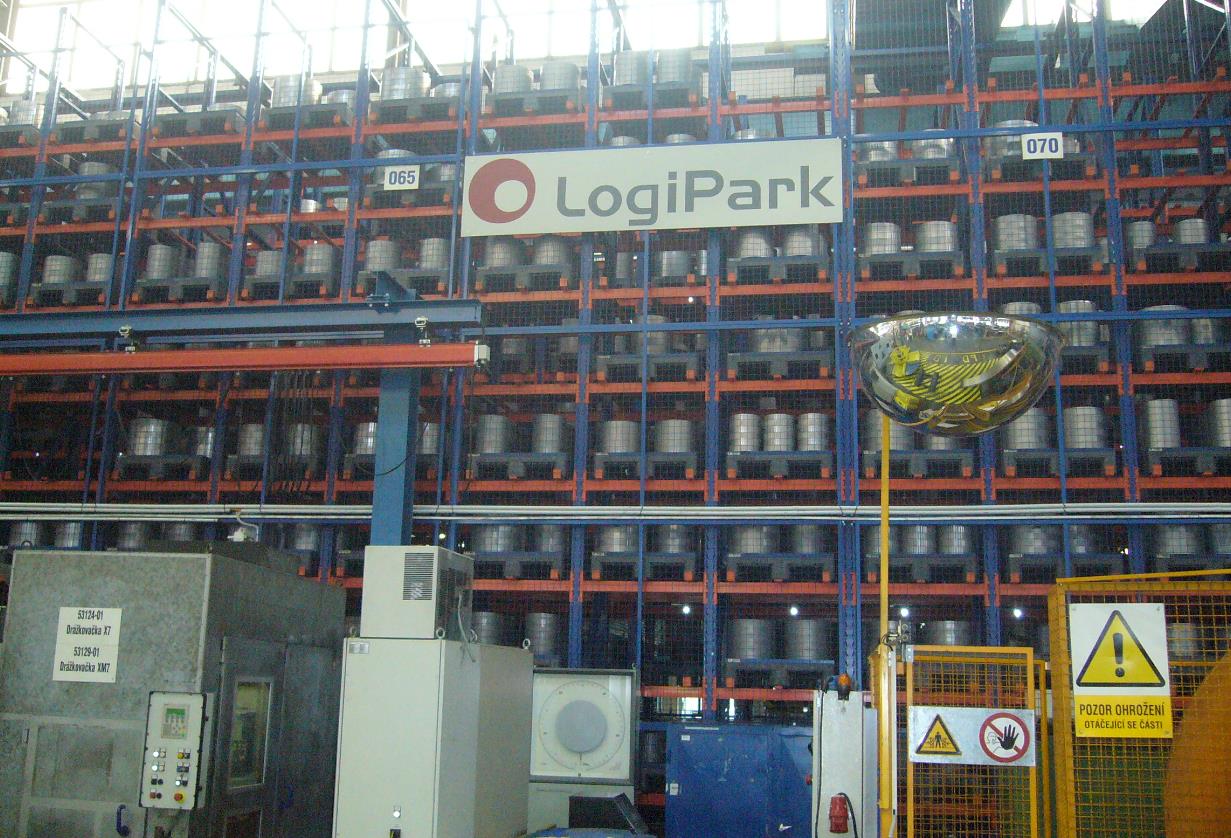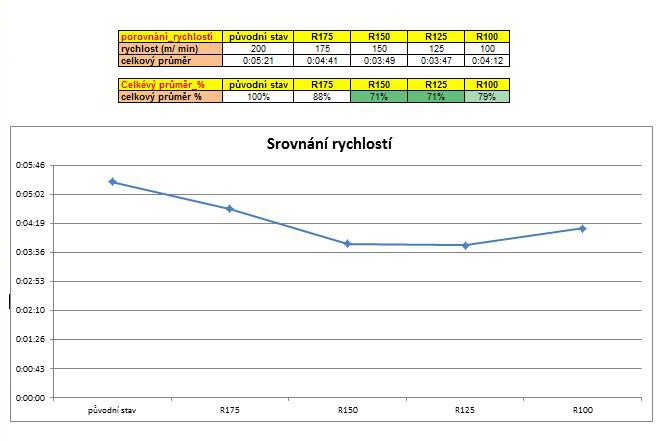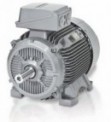Siemens, Ltd., plant Elektromotory Frenštát

The case study in pdf you can download here
APPLICATION:
The optimization of a fully automated system for storage and removal of pallets – LogiPark. Finding and verification of different variants of solution. Finding of optimal zones for storage of individual material types.
BRANCH:
Production of electric motors
SECTOR:
Engineering
BENEFIT:
Verification and desig of a system of distribution requirements. A new arangement of zones for material in the LogiPark.
About the company
The plant Frenštát Electromotors is among the world’s leading supplier of low-voltage asynchronous motors. Main customers of the company are pump producers, compressor producers and air conditioning producers. In the Czech Republic is the plant of Siemens in Frenštát from the date 1, October 2010.
Project targets
The goal of this project was to create and verificate a system of functioning of the whole automated storage system LogiPark which which could not manage to meet the requirements in good time. Part of the project was to rearrange zones for material and verificate a delivery system depending on the number of vehicles and their speeds.
All concepts were verified by the dynamic simulation model.
Picture no. 1 – Illustration of LogiPark

Solution
The project was divided into several phases. In the early stages it was obtained and processed data and identified facts about the functioning of the current situation. On this basis, the next phase was built a dynamic simulation model, through which was verified current state Outputs from the model were used for validation, model setupand determination the monitored parameters. These parameters were compared with each future variants. From the simulation of the current state there was find out the large blocking of both of vehicles which delivered requirements. It was also discovered the cause.
Both of vehicles had setted max speed to 200 metres per min. According to setted slowdown the vehicles had setted „step“ zone to 18 metres. As soon as something (second vehicle too) closer to this zone the vehicle slowed down for safety reasons for stepping speed. The simulation showed that in the current state according to max speed of vehicles that „step“ zone is unnecessarily big. Therefore the vehicles moved using the „step“ speed unnecessarily long time. In contrast, the maximum speed vehicles reached only a small percentage of their rides. Therefore it was gradually decreased a speed and shorted a „step“ zone. Optimal speed was setted to 125 metres per minute – another decreasing was counterproductive. For this speed it was counted a „step“ zone for 7 metres.
Another step was the optimal setting of zones for storage material. For the material storage it was neccesary to find a new optimal speed because there were changed decomposition and frequency of individual rides.
Results
On the basis of analysis of individual transports there were setted zones for material storage. For these zones it was searched the optimal vehicle speed by simulation experiments. The adaptation of zones contributed to decrease of average time by 18% of maden requirement
o 18%. Finding of optimal speed there was showed by decreasing by 11% of average preparing time. Then the overall acceleration of preparing requirement was from 100% to 71%. In a speech of time units we have moved from prime 5:21 to final 3:47.
- Saving 29% from time of requirements transports
- Simulation verified that is possible to transport simultaneous requirements using only one vehicle instead of two – saving of one vehicle
- Due to acceleration of requirements transport it was possible to avoid first proposals of physical changes of the whole LogiPark which would be very expensive.
Picture no. 2 – Outputs of the simulation, comparing of the speeds


The case study in pdf you can download here APPLICATION: The optimization of a fully automated system for storage and removal of pallets – LogiPark. Finding and verification of different variants of solution. Finding of optimal zones for storage of individual material types. BRANCH: Production of electric motors SECTOR: Engineering BENEFIT: Verification and desig of […]